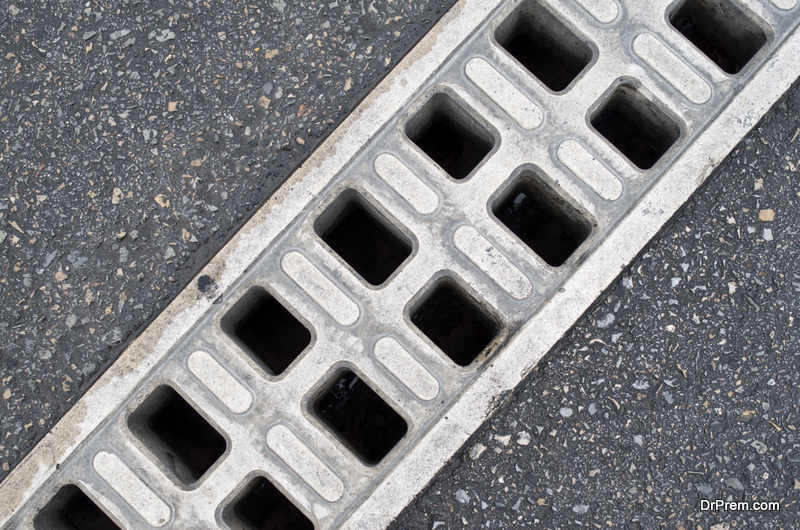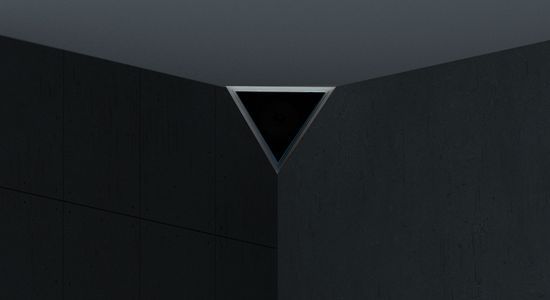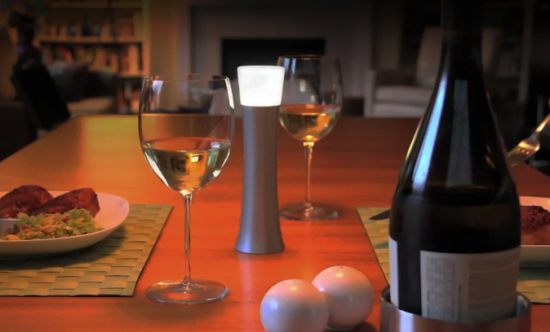Drainage is an essential feature in the design of any structure. Whatever kind of building you have in mind, the quality of drainage plays a big role in how safe and functional it turns out to be. Whether you have a residential, commercial or industrial property, it’s critical to install an efficient drainage system to drive away surface water from the main structures.
A trench drain, also known as a strip drain, linear drain, line drain, or channel drain, is one of the most popular techniques to drive water or other waste liquids away from structures. You can install the elongated drain on your driveway, parking, the floor of an industrial facility, or in a factory.
A high-performance trench drain comes with functional trench grating where the surface run-off drains through. When most people plan their trench drain systems, the grates come as an afterthought despite the critical role they play.
In this article, you’ll learn the important role of trench drain grates and different materials used to manufacture these drainage systems.
Why Does Trench Drain Grates Matter?
When planning your trench drain project, the grating should feature prominently in the design. These drain features play multiple functions, including:
- Improving safety: By covering the deep drain, the grating system prevents accidents on your property
- Aesthetics: You can choose sturdy yet decorative grates made of stone or other materials. With different patterns and colors available, you can find Jonite trench grates that suit your landscaping needs
- Easing accessibility: Without the grate on top of the drains, moving across your driveway, parking or other hardscape features would be difficult. The grate system supports both foot and vehicular traffic and allows a smooth flow of traffic without hindrances
- Boosting the performance of the drain: The cover of the trench drain features thin grills which won’t allow solid matter into the drainage system. The grate system prevents blockages which can cause flooding and property damage
- Customization: You can choose a drain grating system to suit any unique drainage needs at your facility. For instance, you can choose grate materials based on the liquids you want to drain. Some materials are ideal for indoor factory use, while others perform well in extreme outdoor conditions
Choosing the Right Trench Grate Material
Now that you appreciate the importance of these often-overlooked drain features, the next step is to pick the right material. Different projects might use the trench drainage system, but the gratings required can differ. This guide explores different materials used in trench grates construction to help you make the right choice.
1. Stone Trench Grates
Stone trench grates are perfect because of their aesthetic appeal.
Pros
- Aesthetically appealing:If you want to drain water or other liquids and still maintain your home looking great, stone grates are a perfect choice.
- Sturdy and durable: These grates can support heavy traffic and will also last long
- Weather-resistant
- Chemical resistant if you expect to drain reactive liquid from your industrial facility
- Reinforced stone grates: For improved performance from your stone grating, consider using reinforced stone products. These grates contain a large percentage of natural stones, recycled materials, and binders. The final product is a compact, weather-resistant grate that’s less porous and easier to maintain
Cons
Stone grates are costly and also require specialized maintenance
2. Iron Trench Grates
For a long time, property owners mostly used ductile or cast iron trench grates due to their durability and strength.
Pros
- Versatile aesthetically appealing designs
- Ability to support heavy loads
- Weather resistance with raw cast iron developingarich red-brown patina to prevent corrosion
- Customization options with painting
Cons
- Gray iron can shatter with age
- The risk of water damage
3. Plastic Trench Grates
If you have a light-traffic outdoor area which requires efficient drainage, consider plastic trench grates for the drains. Plastic drain grates are an affordable alternative if you don’t expect vehicular traffic driving over your property.
Pros
- Lightweight material
- Versatile application: Plastic grates are ideal for pool areas, indoor drains, and decks
- Affordability
- Durability: While chlorine in the poolside affects the plastic material, the grates don’t corrode but rather fade
- Multiple designs: Plastic is easy to cast and you can choose a wide range of grate styles/designs for your drains
Cons
- Poor thermal resilience with a high risk of damage due to Freeze/thaw cycles
- Commercial plastic works best with non-reactive liquids.
- Doesn’t support heavy weight
- Won’t last as long as other grate materials
4. Fiberglass Trench Grates
Fiberglass has emerged as one of the most versatile construction materials and an alternative to steel and other metals. Fiberglass trench grates are lightweight, strong, eco-friendly, and weather resistant. You can go for decorative fiberglass grates that perfectly blend with your landscape.
The grates you choose can complement the concrete or tile floors around the drain. You’ll need to re-gel the grates every few years to prevent bits of fiberglass which can cause respiratory problems.
Steel vs. Aluminum Trench Grates
The main advantage of aluminum and steel trench grates is that they won’t rust. While both aluminum and steel are shiny, aluminum shines brighter. Both are not cast, which means they’re only available in simple patterns and designs. You can choose different qualities of steel or aluminum for grates in different applications on your property.
There you have it. If you want to protect your property against water damage, install an efficient trench drain system with the right grates. This guide will help you narrow down on the right materials to use.
Article Submitted By Community Writer




